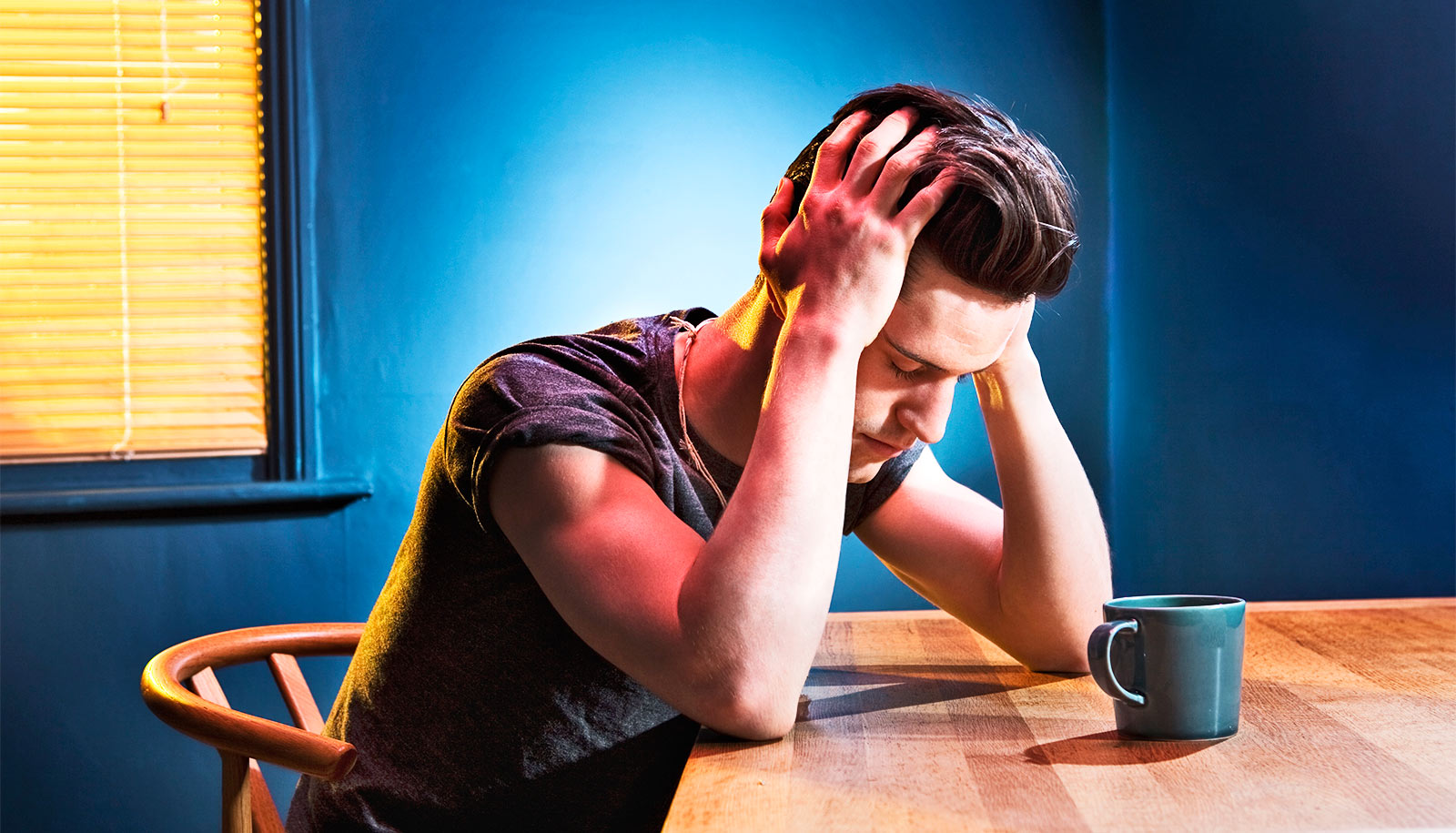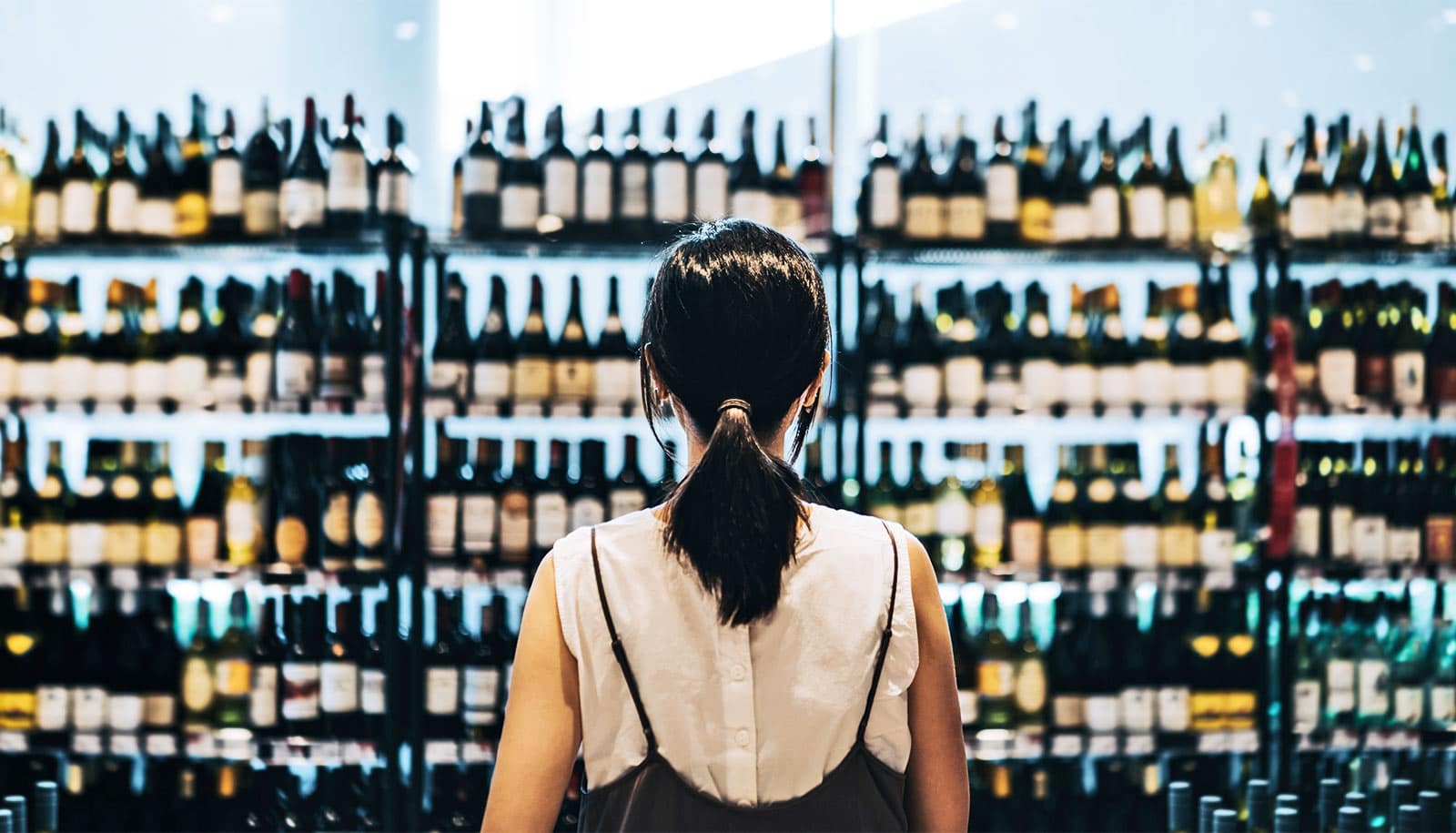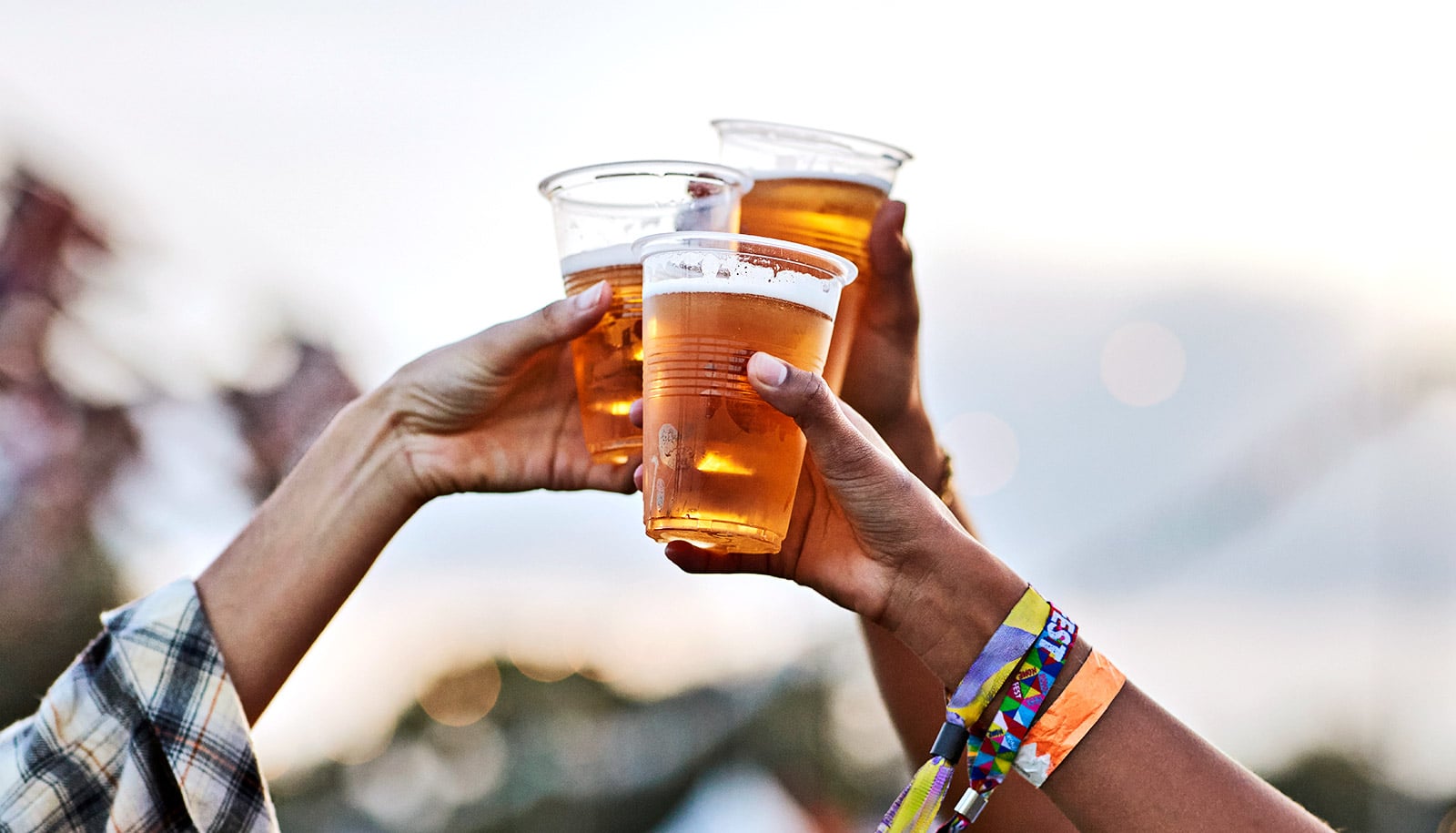Adding a jolt of caffeine to alcohol—Red Bull with vodka, for example—has become the cocktail of choice for some college-age adults. However, the combination may make it more difficult to gauge intoxication.
A recent study by University of Florida researchers shows patrons who consumed energy drinks mixed with alcohol had a threefold increased risk of leaving a bar highly intoxicated.
They also were four times more likely to intend to drive after drinking compared to bar patrons who drank alcohol only. Findings appear in the April issue of the journal Addictive Behaviors.
“Previous laboratory research suggests that when caffeine is mixed with alcohol it overcomes the sedating effects of alcohol and people may perceive that they are less intoxicated than they really are,” says Dennis Thombs, associate professor of public health and health professions.
“This may lead people to drink more or make uninformed judgments about whether they are safe to drive.”
More than 800 randomly selected patrons exiting establishments in a college bar district between the hours of 10 p.m. and 3 a.m. participated in the study. Thombs says studies on alcohol use among college students have traditionally relied on self-report questionnaires administered to sober students in daytime settings.
Researchers conducted face-to-face interviews to gather demographic information and details on participants’ energy drink consumption and drinking behavior. Participants also completed self-administered questionnaires that asked about their drinking history and intention to drive that night. Next, researchers tested participants’ breath alcohol concentration levels.
Bar patrons who reported drinking alcohol mixed with energy drinks—6.5 percent of study participants—were three times more likely to be intoxicated than drinkers who consumed alcohol only.
The average breath-alcohol concentration reading for those who mixed alcohol and energy drinks was 0.109, well above the legal driving limit of 0.08.
Consumers of energy drink cocktails also left bars later at night, drank for longer periods of time, ingested more grams of ethanol and were four times more likely to express an intention to drive within the hour than patrons who drank alcohol only.
Consumers of alcohol mixed with energy drinks may drink more and misjudge their capabilities because caffeine diminishes the sleepy feeling most people experience as they become intoxicated.
It’s a condition commonly described as “wide awake and drunk,” says study coauthor Bruce Goldberger, professor and director of toxicology in the UF College of Medicine.
“There’s a very common misconception that if you drink caffeine with an alcoholic beverage the stimulant effect of the caffeine counteracts the depressant effect of the alcohol and that is not true,” Goldberger says.
“We know that caffeine aggravates the degree of intoxication, which can lead to risky behaviors. This study demonstrates that there definitely is reason for concern and more research is needed,” he says.
“We don’t know what self-administered caffeine levels bar patrons are reaching, what are safe and unsafe levels of caffeine, and what regulations or policies should be implemented to better protect bar patrons or consumers in general.”
Mary Claire O’Brien, associate professor of emergency medicine and public health sciences at Wake Forest University who has studied the relationship between energy drink cocktails and high-risk behavior, says Thombs’ approach is unique because it was conducted in a natural drinking environment—college bars.
“His results clearly support the serious concern raised by previous research, that subjective drunkenness may be reduced by the concurrent ingestion of caffeinated energy drinks, increasing both the likelihood of further alcohol consumption, and of driving when intoxicated.”
University of Florida news: http://news.ufl.edu/



